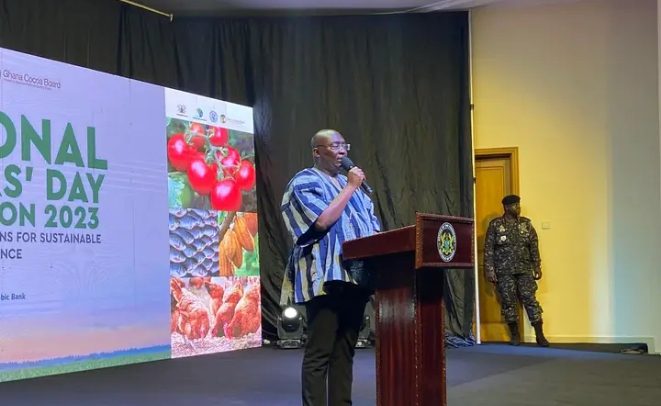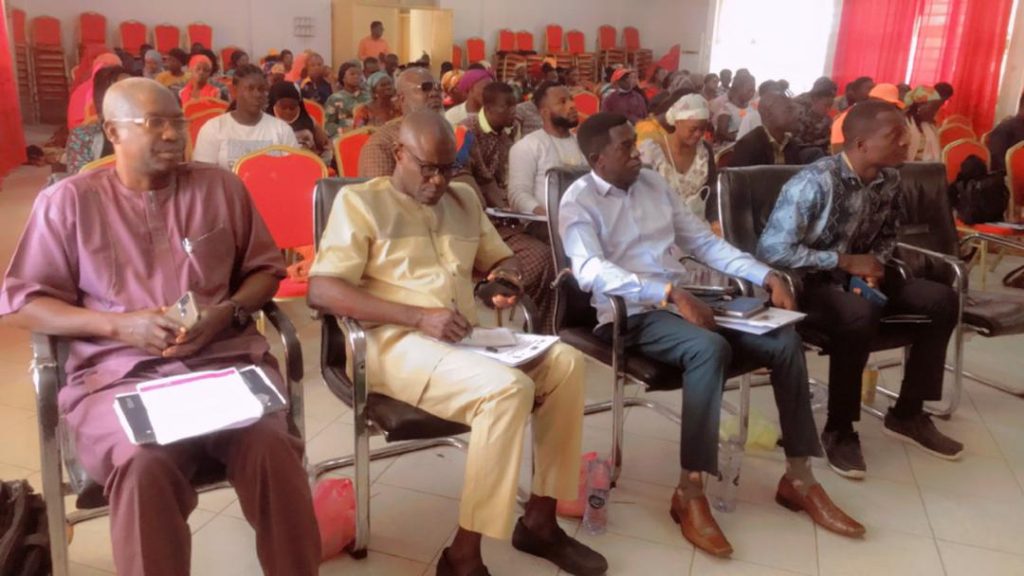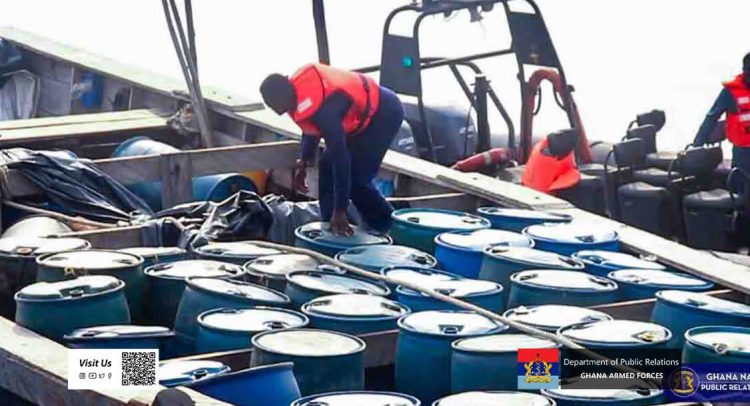
The Vice President, Dr.Mahamudu Bawumia has indicated that the current government since 2017, has supported farmers with the needed incentives and policies which has ensured increased productivity.
He mentioned that, notwithstanding the global economic challenges, the government has managed to double the average agriculture growth rate between 2017 and 2022.
He revealed that Ghana’s agriculture growth between 2013 and 2016 was a declining story adding, “The average growth rate was 2.9 percent”.
“But when this government assumed office in 2017 and implemented the Planting for Food and Jobs programme, the average growth in the sector between 2017 and 2022, was increased to 6 percent notwithstanding the global economic challenges”, he added.
He continued “So we have doubled the growth rate in the agriculture sector and this means we might be doing something right. Is not that we have done everything but we have doubled the growth rate we came to meet”.
Delivering the keynote address at the 39th National Farmer’s Celebration held in Tarkwa in the Western Region commended Ghanaian farmers for their commitment and resilience to feed the citizenry in the face of the global economic crises.
The annual Farmer’s Day celebration is held to appreciate the hard work and dedication of farmers and fishers, who are the backbone of the country’s food system and economy.
The celebration also provides the opportunity to reflect on the importance of the agricultural and fisheries sectors to national economic development and also review their performance.
This year’s event which was for the first time organized in the evening at the auditorium of the University of Mines and Technology (UMaT) was on the theme, “Delivering Smart Solution for Sustainable Food Security and Resilience”.
The Vice President said, “We celebrate farmers and fishers for contributing to the growth of the industry through the supply of raw materials, foreign exchange earnings from export, job creation, poverty reduction, and general well-being of the populace.
He noted that the significant increase in growth rate in the agriculture sector enhanced food safety, increased job opportunities in the agriculture value chain, and supported emerging industries with raw materials among others.

He mentioned that the PFJ programme reached over 1.5 million farmers and resulted in a significant increase in the productivity of some staples.
“For instance, yields for maize production increased from 1. 8 metric tons per hectare in 2016 to 3.3 metric tons per hectare by 2022”, he indicated.
The Vice President added that some other interventions were also intisted under the PFJ programme including poultry development to reduce meat import and mechanized irrigation projects to enhance all-year farming and combat climate change effects.
He urged stakeholders in the agriculture value chain to embrace technology and digitalisation to take advantage of the changing dynamics of the industry.
From Emmanuel Opoku, Tarkwa
























Facebook
Twitter
Pinterest
Instagram
Google+
YouTube
LinkedIn
RSS